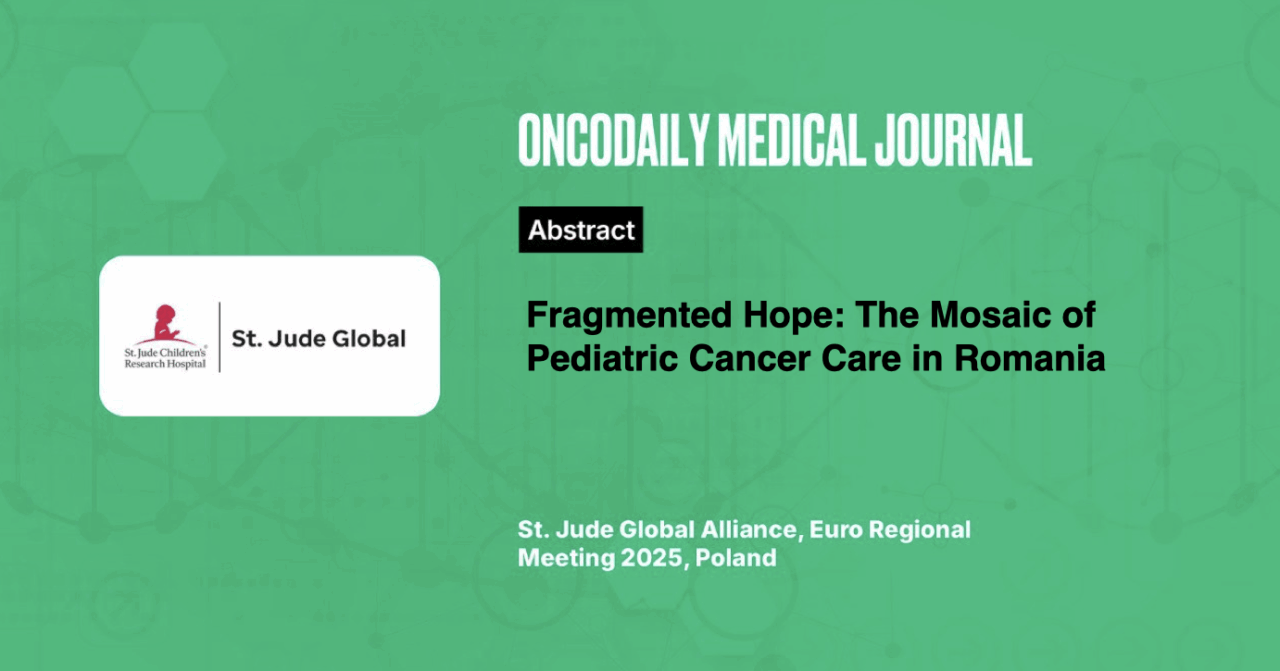Abstract
Introduction: Romania faces significant challenges in pediatric cancer care, with a five-year survival rate of 70%, lower than the 81% average in Western Europe. This study explores the impact of the decentralized nature of 12 non-comprehensive pediatric oncology services on the delivery of care.
Methodology: An inventory assessment was conducted to evaluate Romania’s pediatric cancer centers regarding specialized treatments, multidisciplinary approaches, and comprehensive care capacity.
Results: The investigation revealed significant deficiencies across all pediatric cancer treatment centers in Romania, particularly in the availability of specialized services and multidisciplinary care. Among the Adult General Hospitals, Hospital A treats 21% of children, specializing in CNS tumors and offering chemotherapy and radiotherapy, but refers surgeries and neurosurgeries and lacks a PICU. Hospital B treats 18% of children, provides chemotherapy and radiotherapy, refers surgeries and neurosurgeries, and also lacks a PICU. Hospital C treats 12% of children, including 40% of the total leukemia cases, and offers chemotherapy and SCT, but has no PICU.
The Children’s Hospitals also show gaps in services. Hospital D treats 15% of children but lacks neurosurgery, SCT, and radiotherapy, while Hospital E treats 7% of children, offering chemotherapy, surgery, and SCT, but lacks on-site neurosurgery and radiotherapy. Hospital F, which specializes in leukemia and treats 7% of children, does not have an SCT unit. Additionally, five smaller centers, treating 10% of pediatric cancer patients, provide chemotherapy only, with four of these being adult general hospitals that lack a PICU.
In contrast, Marie Curie Children’s Hospital (MCCH), which currently treats 9% of pediatric cancer patients, pioneers a comprehensive care model. MCCH is the only center in Romania that integrates a multidisciplinary approach, offering oncology, hematology-oncology, SCT, surgery, neurosurgery, endocrinology, neurology, radiotherapy, and a PICU.
The hospital receives support from global institutions, including The Maxima Center and St. Jude, which provide training, expand molecular genetic diagnostics, fund fellowships for pediatric oncologists, train nurses, and implement new protocols and procedures.
Conclusion: Establishing MCCH as Romania’s pediatric cancer hub and strengthening partnerships with global institutions are crucial for aligning standards, centralizing care, and improving patient outcomes.





